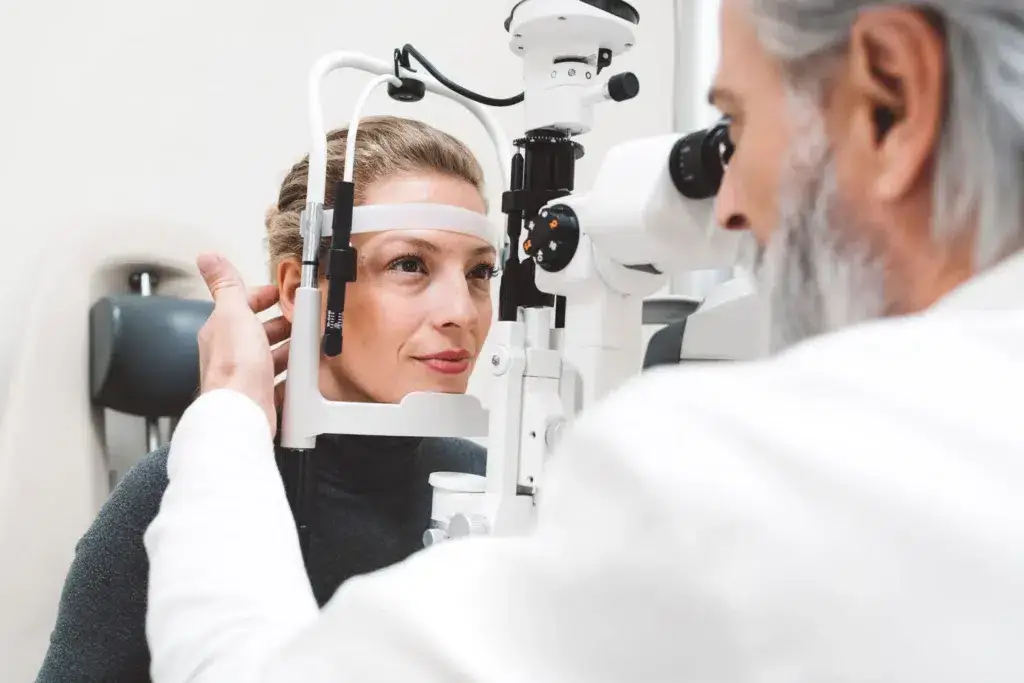Maintaining long-term vision health requires more than updated glasses prescriptions. Regular exams with ophthalmologists support early detection of potential issues that may develop without noticeable symptoms. From age-related conditions to inherited eye disorders, routine evaluations offer a clearer understanding of current eye health. These visits help protect visual function and also provide valuable insight into how ocular health connects to overall wellness.
Many eye diseases begin without pain or obvious changes in vision. Glaucoma, for example, progresses slowly and can cause irreversible damage before it becomes apparent. Ophthalmologists use a variety of tools during comprehensive exams, such as dilated eye evaluations and optical coherence tomography, to observe the optic nerve and retina. Detecting conditions like macular degeneration or diabetic retinopathy at an early stage may prevent long-term vision loss. Patients with risk factors—such as a family history of eye disease or chronic health conditions—benefit from establishing consistent exam schedules.
Tracking Changes Over Time
The eyes often reflect subtle changes in overall health. Fluctuations in blood pressure, blood sugar, or neurological function can present in the eye’s internal structures before external symptoms appear. By maintaining a regular appointment schedule, ophthalmologists can compare past and current images, noting small shifts that might suggest systemic issues. This trend monitoring allows providers to identify problems while they are still manageable, both for ocular and general health.
Addressing Vision Correction Needs
Vision changes naturally occur with age, but a consistent decline in clarity may also signal underlying problems. Regular exams allow ophthalmologists to evaluate both visual acuity and the overall health of the eye. If a patient experiences worsening night vision, frequent prescription changes, or distorted images, further testing may reveal conditions such as cataracts or keratoconus. Identifying these issues early opens the door to timely intervention options, including corrective lenses, surgical consultations, or lifestyle adjustments to support eye function.
Beyond managing disease or correcting vision, ophthalmologists play a role in preserving healthy eyes through different life stages. Children, adults, and older individuals all have unique needs. Pediatric exams can detect developmental issues, while middle-aged patients may need screenings for age-related eye strain or early signs of chronic conditions. In older adults, monitoring for cataracts, dry eye syndrome, and retinal changes becomes more key. By working closely with patients, ophthalmologists help build care strategies that evolve as needs change.
Providing Clarity on Surgical and Treatment Options
When conditions require more advanced intervention, ophthalmologists are trained to offer both diagnosis and treatment in a single setting. They evaluate whether a patient may benefit from procedures such as LASIK, cataract removal, or retinal injections. A regular exam schedule helps make sure that decisions about surgery or long-term therapy are informed by a complete history and current clinical findings. This comprehensive approach supports safer outcomes and greater continuity of care.
Learn About Ophthalmologists
Part of a successful eye health strategy involves teaching patients how to care for their vision between visits. Ophthalmologists provide guidance on screen time management, UV protection, nutritional support, and safety practices. These conversations are more effective when built into routine exams, where personalized advice aligns with specific risk factors or lifestyle demands. With regular visits, patients are more likely to stay engaged in their own eye care and to take steps that reduce future complications.

Leave a Reply